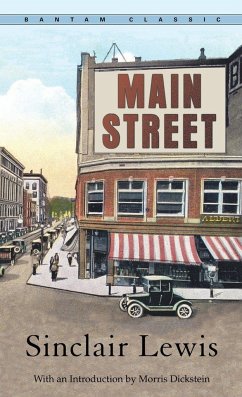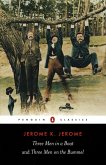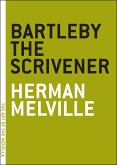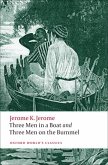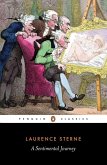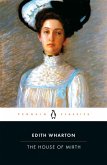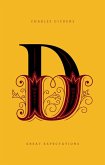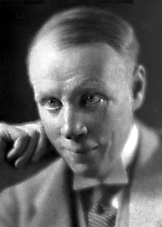This classic by Sinclair Lewis shattered the sentimental American myth of happy small-town life with its satire. "Main Street attacks the conformity and dullness of early 20th Century midwestern village life in the story of Carol Milford, the city girl who marries the town doctor. Her efforts to bring culture to the prairie village are met by a wall of gossip, greed, and petty small-minded bigotry. Lewis's complex and compelling work established him as an important character in American literature.
The first of Sinclair Lewis s great successes, Main Street shattered the sentimental American myth of happy small-town life with its satire of narrow-minded provincialism. Reflecting his own unhappy childhood in Sauk Centre, Minnesota, Lewis s sixth novel attacked the conformity and dullness he saw in midwestern village life. Young college graduate Carol Milford moves from the city to tiny Gopher Prairie after marrying the local doctor, and tries to bring culture to the small town. But her efforts to reform the prairie village are met by a wall of gossip, greed, conventionality, pitifully unambitious cultural endeavors, and worst of all the pettiness and bigotry of small-town minds.
Lewis s portrayal of a marriage torn by disillusionment and a woman forced into compromises is at once devastating social satire and persuasive realism. His subtle characterizations and intimate details of small-town America make Main Street a complex and compelling work and established Lewis as an important figure in twentieth-century American literature.
Hinweis: Dieser Artikel kann nur an eine deutsche Lieferadresse ausgeliefert werden.
The first of Sinclair Lewis s great successes, Main Street shattered the sentimental American myth of happy small-town life with its satire of narrow-minded provincialism. Reflecting his own unhappy childhood in Sauk Centre, Minnesota, Lewis s sixth novel attacked the conformity and dullness he saw in midwestern village life. Young college graduate Carol Milford moves from the city to tiny Gopher Prairie after marrying the local doctor, and tries to bring culture to the small town. But her efforts to reform the prairie village are met by a wall of gossip, greed, conventionality, pitifully unambitious cultural endeavors, and worst of all the pettiness and bigotry of small-town minds.
Lewis s portrayal of a marriage torn by disillusionment and a woman forced into compromises is at once devastating social satire and persuasive realism. His subtle characterizations and intimate details of small-town America make Main Street a complex and compelling work and established Lewis as an important figure in twentieth-century American literature.
Hinweis: Dieser Artikel kann nur an eine deutsche Lieferadresse ausgeliefert werden.

